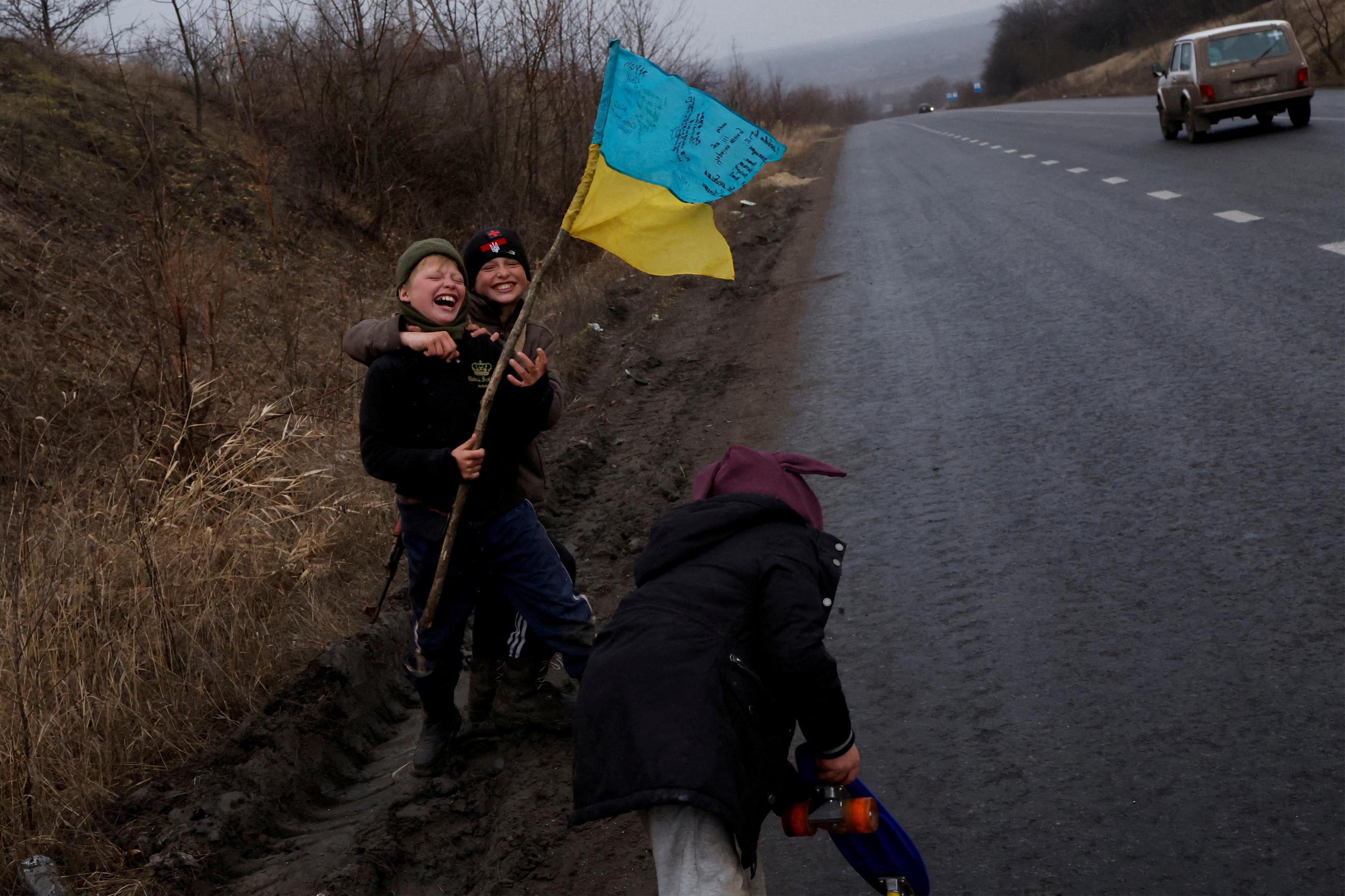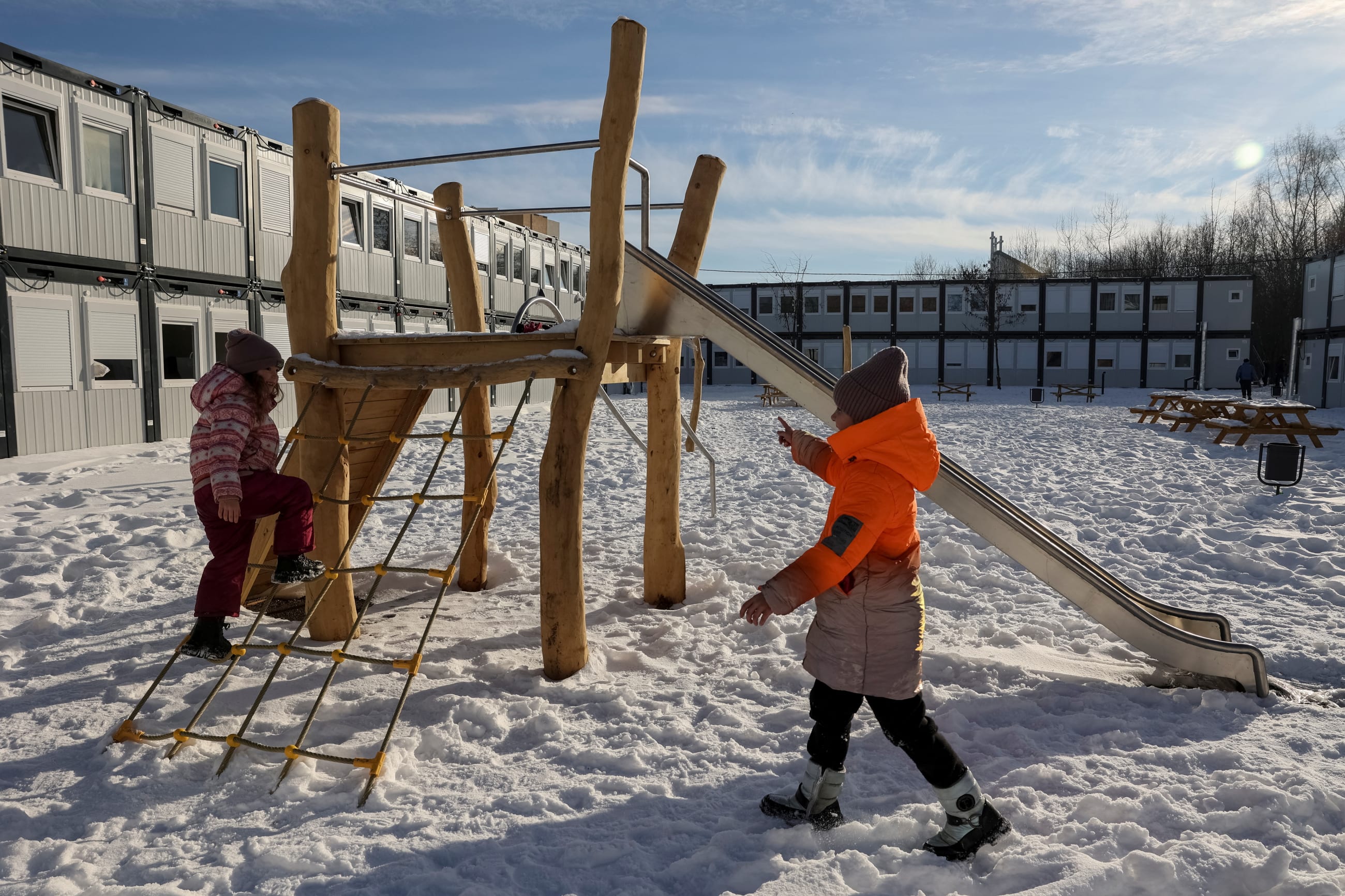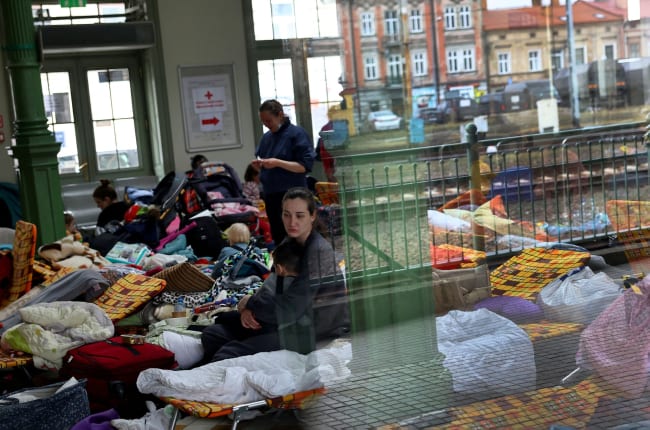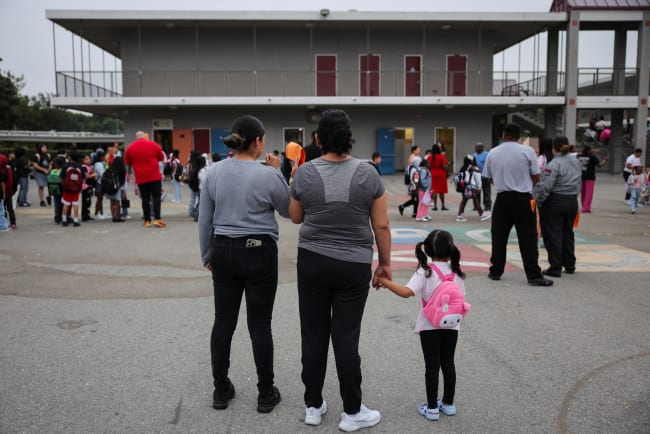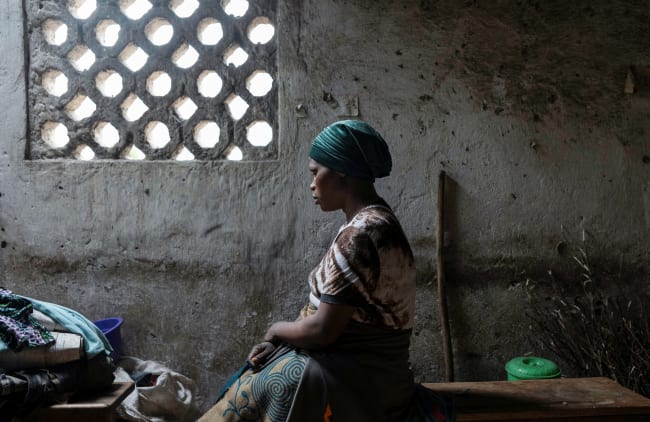At least six thousand Ukrainian children have been or are currently being held in Russia and Russian-occupied territory, according to a report released last month. Its findings identify forty-three facilities, eleven of which are more than five hundred miles from the Ukrainian border. It is likely that Russia has deported many more children than confirmed; some estimates place the number in the hundreds of thousands. The first transports of children took place days before Russia's invasion of Ukraine in February 2022. The children affected range from four months to seventeen years old.
The report organizes the deported children and their experiences into four groups: those without clear guardians, those with clear guardians, those in state institutions, and those whose guardianship is unknown "due to wartime circumstances" created by Russia's invasion of Ukraine.
Since February 2022, Russia has transported children deemed orphans and children in state institutions to Russia, placed them in camps, given them to foster families, and put them up for adoption. The Ukrainian government denies this characterization of the children, saying that some of them "are not orphans, have no serious illness or disease, and are in an institution because their families are in difficult circumstances." This practice has been encouraged by the Russian government. In May 2022, Russian President Vladimir Putin issued a decree making it easier and faster for Russian families to adopt Ukrainian children and simpler for Ukrainian children to be granted Russian citizenship, a process that complicates their return to Ukraine. Families who adopt Ukrainian children are given government support.
At least six thousand Ukrainian children have been or are currently being held in Russia and Russian-occupied territory.
Children with guardians have been sent to camps in Russia and Russian-occupied regions of Ukraine where they are subject to reeducation programs. Thirty-two of the forty-three camps identified (78 percent) are focused on or participate in reeducation efforts. The systemic reeducation of Ukrainian children involves the "promotion of cultural, historical, societal, and patriarchal messages or ideas that serve the political interests of Russia."
The report also finds that, in two instances, boys between the ages of fourteen and seventeen have received military training. This training includes operating military vehicles and studying firearms.
Russia's program of transporting children has created a "consent crisis." Parents of children sent to Russian camps, which are often portrayed as summer camps or vacations, give consent for the transfer of their children. The validity of this consent, however, is questionable. Some parents are pressured to give consent. Others have reported being forced to sign over power of attorney to an unknown entity. Some parents allege that, even though they refused to give consent, their children were still sent to Russian camps. Many parents agreed to send their children because of concerns related to fighting, poor sanitation, and a shortage of nutritious food. "These reasons, which are the direct results of Russia's invasion, represent an indirect form of coercion that call into question the validity of any consent," the report says. Parents are often unaware of where their children are or when they are moved, and reports indicate that communication between parents and their children is limited.
Some children have been returned to their parents at the end of their scheduled camp time, but some have been held longer. At least four camps have suspended the return of children. Following Ukraine's liberation of Kharkiv Oblast, three hundred children were stopped from returning home. The status of some children remains unknown. One boy was told he would not be returned home until Russia regained control of Izyum, a city in eastern Ukraine.
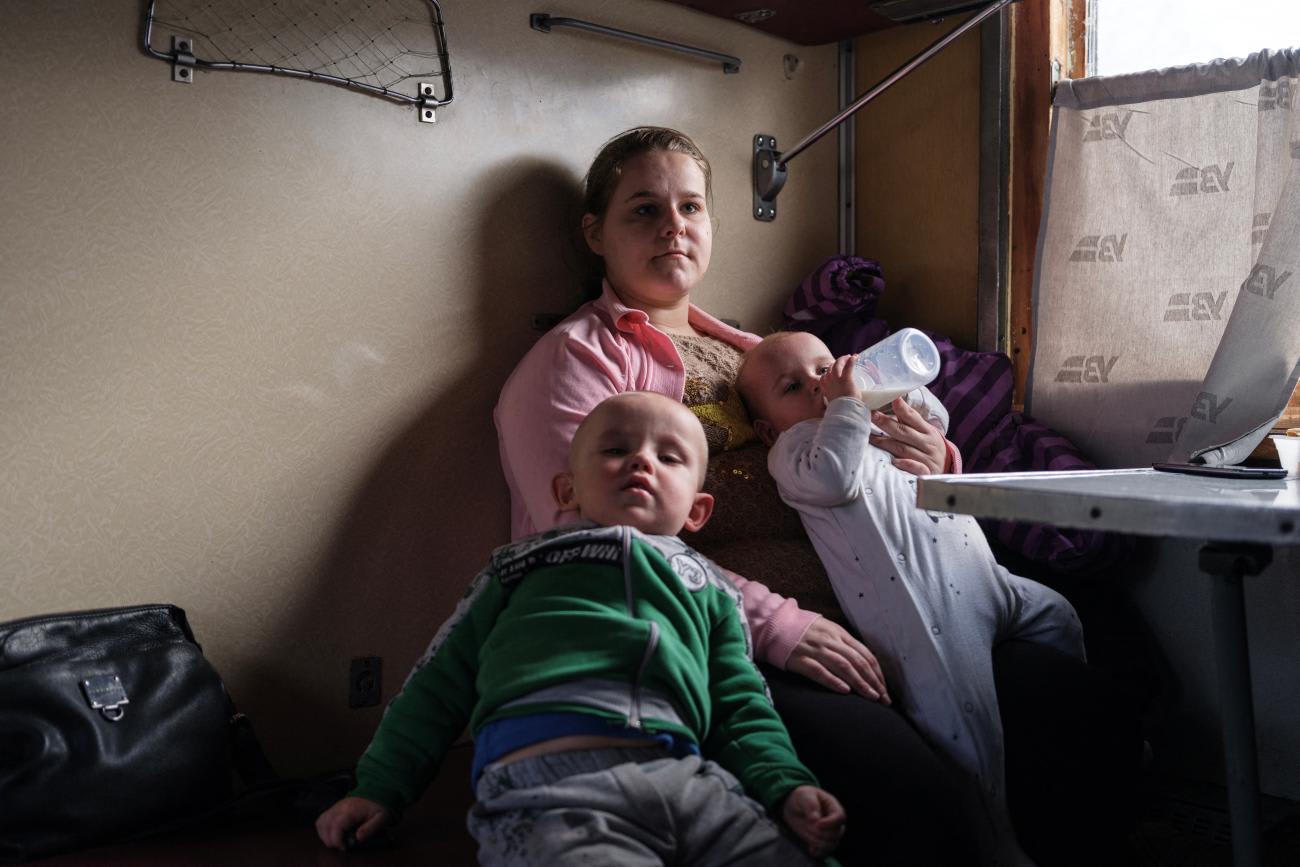
In some instances when children have not returned home at the agreed-upon time, the Ukrainian government has gotten involved or individual parents have traveled to Russia to retrieve their children. This poses an acute risk to parents. Such travel is also not possible for some families due to financial or other logistical constraints.
Nathaniel Raymond, executive director of the Yale Humanitarian Research Lab, described Russia's program for Ukrainian children as a "whole of government" project. The report points to evidence that "indicate[s] Putin is well aware of and encouraging adoption and camp schemes for children from Ukraine."
"This is not one rogue camp, this is not one rogue mayor or governor," Raymond said. "It is a massive logistical undertaking that does not happen by accident."
In the long term, the war will likely have a significant psychological impact on all Ukrainian children, who are living through major shocks and massive instability. This insecurity will be particularly acute for children subject to Russia's transfer and adoption programs. Research has shown that family separation can have negative psychological effects on children. It is likely that children being held by the Russian government will be particularly vulnerable to adverse health impacts.
Russia's actions violate multiple conventions of international law. The abduction of children is one of the six grave violations of children's rights in armed conflict. Under the Rome Statute, the forcible transfer of children with intent to destroy a national identity can be evidence of genocide.
Russia has not denied the presence of Ukrainian children in Russia and Russian-occupied territories. Instead, the government has portrayed it as a humanitarian project. A comprehensive media campaign encourages Russians to adopt Ukrainian children and has boasted the success of integration programs. Russia is using the children as a propaganda tool to portray Russia as a savior to Ukraine.
"Mounting evidence of Russia's actions lays bare the Kremlin's aims to deny and suppress Ukraine's identity, history, and culture. The devastating impacts of Putin's war on Ukraine's children will be felt for generations," reads a statement released by the U.S. Department of State.
Russia is fighting more than a geopolitical battle. Putin's war is rooted in concepts of ideology, identity, and nationality. Russia's treatment of Ukrainian children reflects Putin's larger war aim to delegitimize Ukrainian nationhood, justified by the belief that Ukrainians are, at their core, Russian. Children, who are often viewed as central to the continued survival of ethnic, religious, or national identities, are acutely susceptible to external influence, making them attractive targets during wartime. The systemic effort to deport, reeducate, and Russify Ukrainian children illustrates the unique vulnerabilities of children in conflicts.
